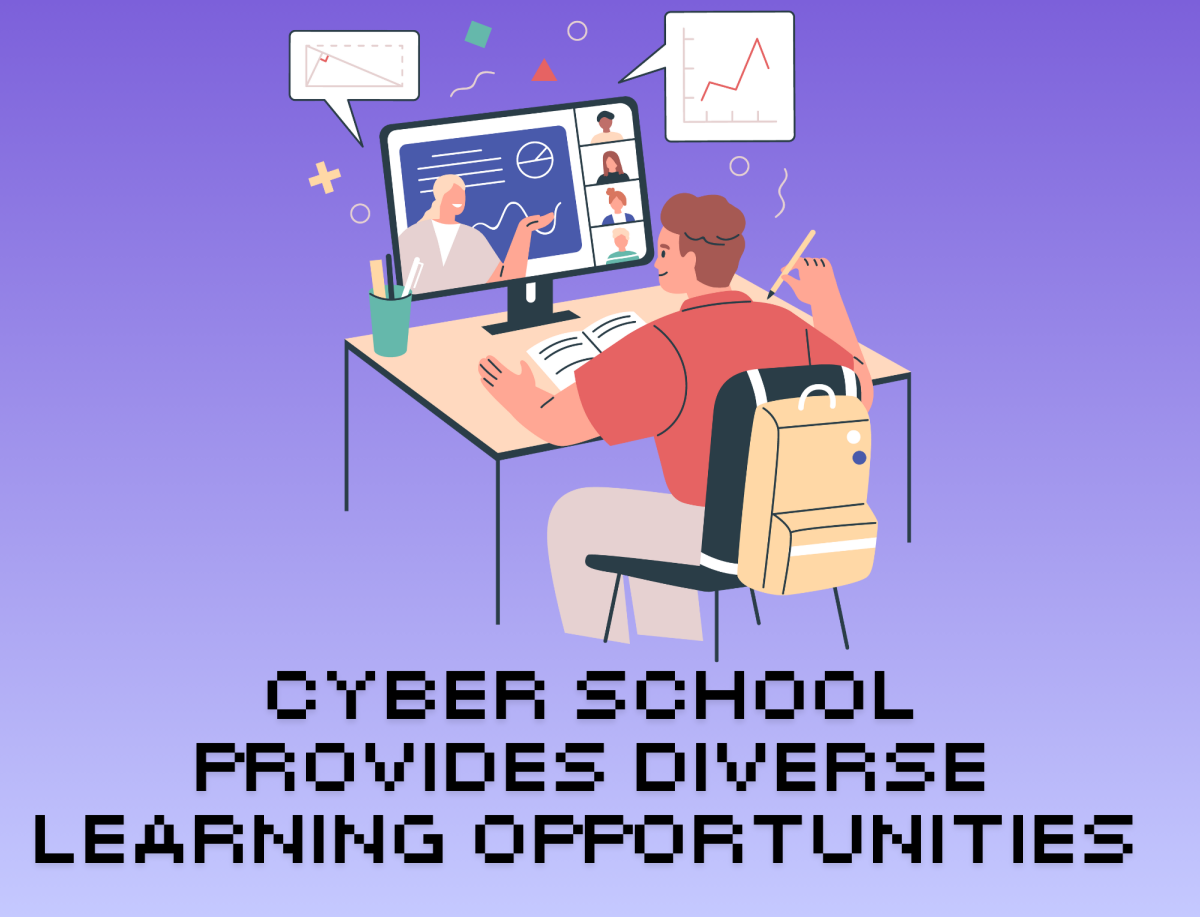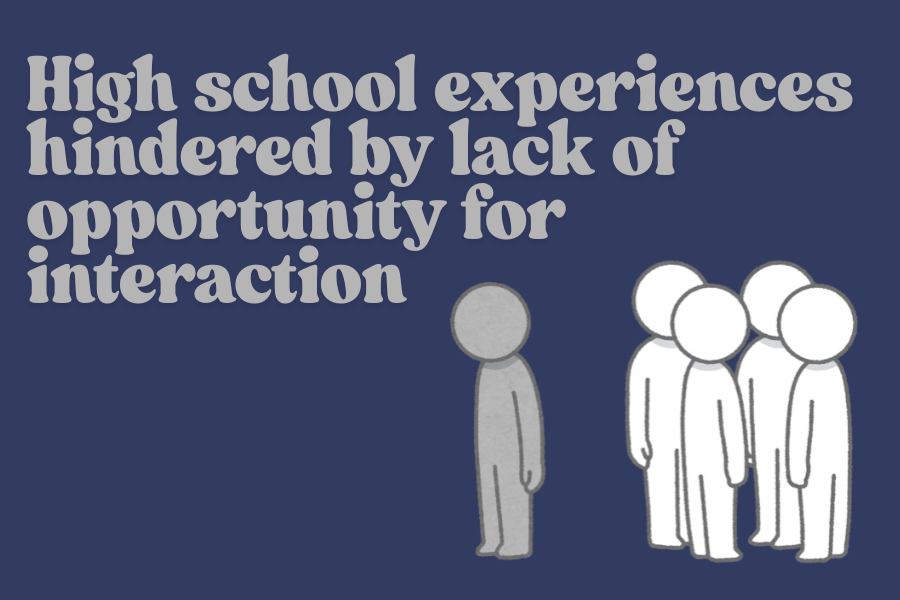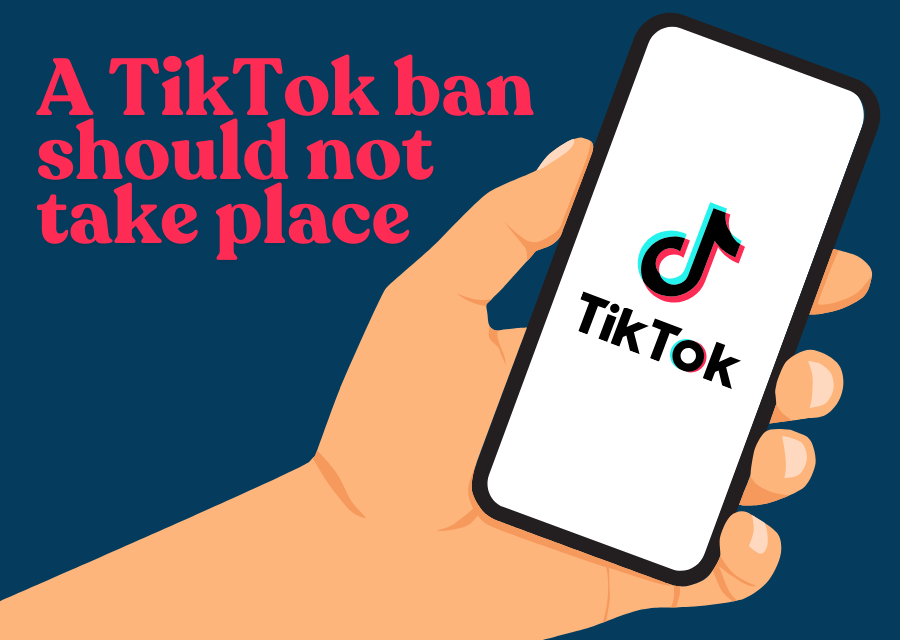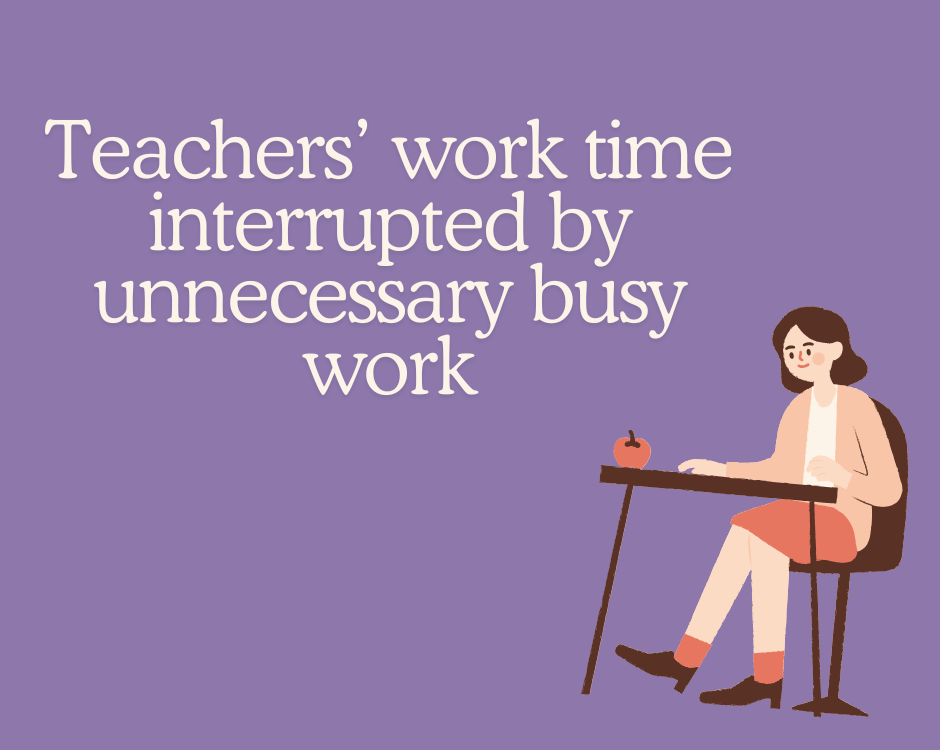Giving any student the proper education is dependent on the uniqueness of the individual. When it comes to education, one method does not work for everyone. Sometimes, the standard structure of going to school in-person causes more obstacles than necessary and becomes a hindrance on a student’s education. Cyber school has risen up as a response to these diverse needs and aims to offer a more flexible alternative than the traditional route.
In-person learning often opens up an overwhelming environment that can overstimulate students. The noisy hallways, flickering fluorescent lights and crowded classrooms can act as distractions for individuals and make it difficult for them to focus or complete their work. If students don’t feel comfortable in the environment they are learning in, then there’s a smaller chance of them being able to retain that information. When the option of cyber schooling is given, a pathway away from all of the public-school chaos appears. Students no longer feel the need to be forced into situations that make them uncomfortable, and instead, they are able to thrive in a more relaxing setting. When the pressures of in-person school are lifted off students, they are empowered to reach their full potential in a way that works best for them.
The cyber program also allows students to live with flexibility that wouldn’t be possible otherwise. In-person learning requires students to stay inside one building for seven hours a day. Instead of being cooped up, students are able to use their free time towards hobbies and individual commitments. Some students take cyber school in order to focus on other issues such as health concerns, family relations and occupational responsibilities. They might have more important concerns such as raising a child or working to save money. Not every individual has the same priorities, and online learning allows students to work on their studies while also not having to worry about missing out on other opportunities.
Cyber schooling helps students gain an accessible education they might not otherwise have access to. Some students struggle with going to school in-person because of barriers that come from family situations or financial issues. Going to school every day can become a hassle for these students, or they might struggle to get the necessary supplies. In these situations, students’ academics may diminish or falter. However, the cyber program gives students access to academic success by removing the concerns of getting to school on time or other barriers. Online learning ensures that all students get an equal access to education no matter what personal situation might be impacting them.
Some people see the cyber program as a negative alternative to in-person learning, claiming students don’t get their work done and aren’t gaining an actual education; however, these people fail to realize the importance of family commitment that comes with cyber education. While a student’s education is overall his or her responsibility, parents and teachers still play a major role in academics. It is necessary that students are held accountable for their work which means that teachers and parents should be keeping an eye on their work. Otherwise, the possibility of their education haltering could happen. The cyber program isn’t a bad choice as long as students, families and teachers do the required work.
Online education acts as a shift in education that goes against the traditional structure. It acknowledges and prioritizes the needs and the well-being of students. The supportive and flexible environment provides students with a variety of opportunities and unlocks doors that would otherwise be closed. Cyber schooling is a powerful tool that shows the evolution of adaptability in education and how the future will continue to empower students.









